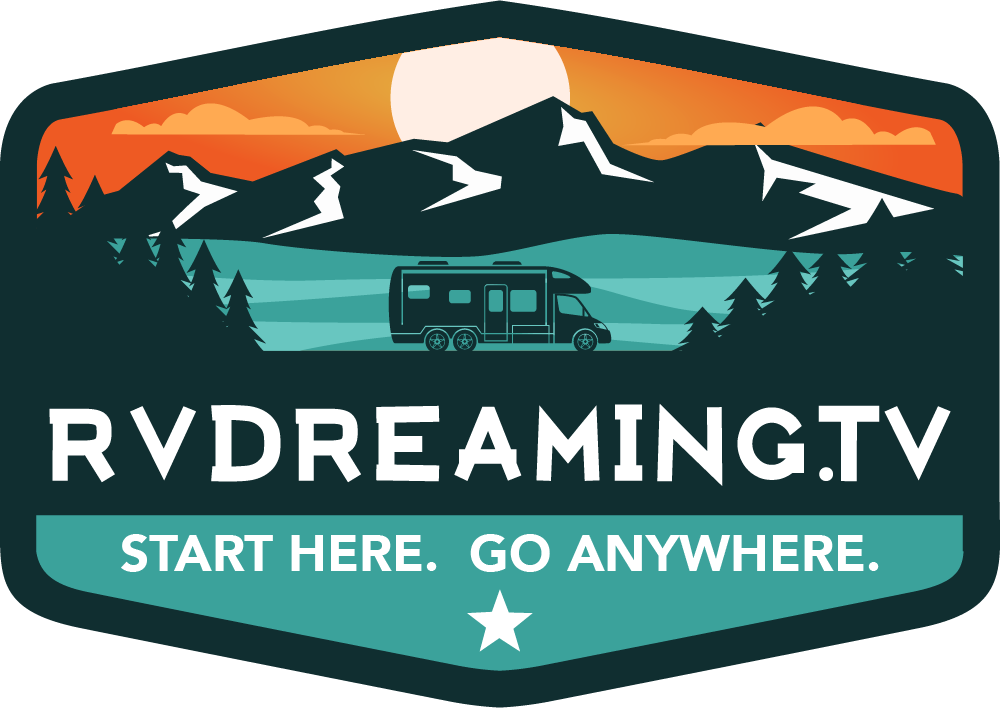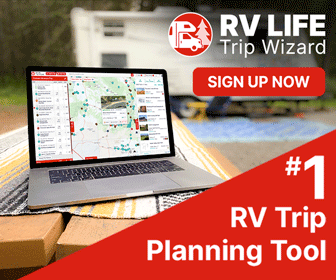
Have you ever dreamt of leaving the city behind and exploring the great outdoors? If so, boondocking may be for you. Boondocking is a type of camping that allows you to camp in more remote areas, away from hookups, amenities, and overcrowded RV Parks.
Boondocking offers more peace, quiet, and privacy than most RV Parks and campgrounds, but it also comes with a cost. You will need to be self-sufficient, managing your own power, water, and holding tank capacity.
If you are thinking of giving boondocking a try, there are a few things you should do before your first trip. This article will provide tips on how to prepare for your first trip. With a little preparation, you can have a safe and enjoyable boondocking experience.
Why is it important to be ready before boondocking?
Being prepared and knowledgeable about your rig is the key to having a safe and enjoyable boondocking experience. Not all RVs are created equal, so it is important to know the capabilities and limitations of your own RV before you venture into the great outdoors.
The last thing you want when miles from the nearest resource is for the unexpected to happen. Imagine if you are in the middle of a shower and you realize you have used up all your water. Or you are in the middle of cooking dinner and discover you are out of propane?
All of these scenarios are avoidable with the right preparation.
How can I gain the knowledge and skills necessary for boondocking?
The best way is by doing it. And for your first time, try doing it with all the rewards, but none of the risk.
We recommend before heading outdoors, try and camp in your driveway or at a full hookup spot. Being off-grid but close to home will allow you to get a feel for how your RV works without the added stress of being in a remote location.
Another way to gain the necessary knowledge is by reading articles or books on boondocking, or by talking to experienced boondockers.
With a little preparation, you can have a safe and enjoyable boondocking experience.
Boondocking means you will need to manage your electrical, water, and holding tank capacity
As you prepare for your boondocking trip, one of the most important things to keep in mind is your power needs. You will need to be aware of how much power you will need and how you will generate it. There are a few different options for generating power while boondocking, including solar panels, generators, and batteries. You will need to determine which option is best for you based on your needs and the amount of space you have available.
Water is another important consideration when boondocking. You will need to be mindful of your water usage, as you will not have access to a water hookup. For extended boondocking sessions, you may consider bringing along a water bladder or extra containers to extend your stay.
Finally, you will need to have a plan for disposing of your holding tanks. There are a few different options for this, including dumping it at an approved location or using a portable toilet. You will need to determine which option is best for you based on your needs and the amount of space you have available.
First, try camping in your driveway
If you are new to boondocking, camping in your driveway is a great way to get started. You can test your equipment, find out what supplies you need, and get a feel for how much water and power you will use. Doing this is a great way to prepare for a boondocking trip without having to worry about being in a remote location.
Here are some tips for camping in your driveway:
1. Choose the right spot: If your rig can fit in your driveway, this is an ideal spot. Just set up and pretend you are in the forest next to a lake instead of your suburban driveway. Avoid going in and out of the house, as that luxury will not be there for you when you are boondocking. If you are not able to camp in your driveway, consider renting a space at an RV Park or a friend’s place.
2. Set up your camp: Once you have found the perfect spot, it is time to set up camp. When boondocking, this means only parking and leveling, but not hooking up to water, sewer, or electricity. Set up any chairs, tables, or other items you may be planning to bring with you on your trip.
3. Stock up on supplies: Before you start your camping trip, be sure to stock up on all the supplies you need. Bring all the food, water, toiletries, and any other items you might need during your stay. Do not forget about extra propane tanks for your outdoor grills and firepits, kitchen plates, forks, utensils, and the like. Remember, this exercise is for you to see how long you can last. No cheating and running into the house for something you forgot. If you missed something, be creative and think about how you would deal with it if the nearest gas station were 30 miles away.
4. Conserve resources: One of the benefits of camping in your driveway is that you can practice conserving resources like water and power. Conservation will come in handy when you are boondocking since these resources will be limited. To conserve water, take shorter showers and do not let the water run while brushing your teeth. To conserve power, use battery-powered devices instead of plugging them into an outlet and unplug appliances when they are not in use
Gain the knowledge you need without a safety net
When you are camping in your driveway, live as you plan to while out on the road. Keep track of your power, water, and tank usage.
Discover how long you can go without refilling your tanks or running out of power. When your batteries get low, how often and for how long will you need to run your generator? Do you have enough batteries and solar to keep up with your demand?
Even if you discover that you may not have enough batteries as you would like, or your tanks only last a week, do not let that discourage you. Get out there and enjoy with confidence. You now know how long you should plan to spend off-grid, so now you have one less thing to worry about!
Happy Boondocking!

















Trackbacks/Pingbacks